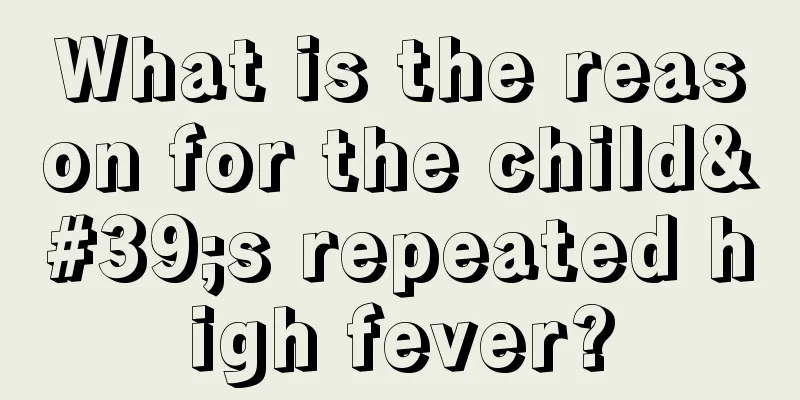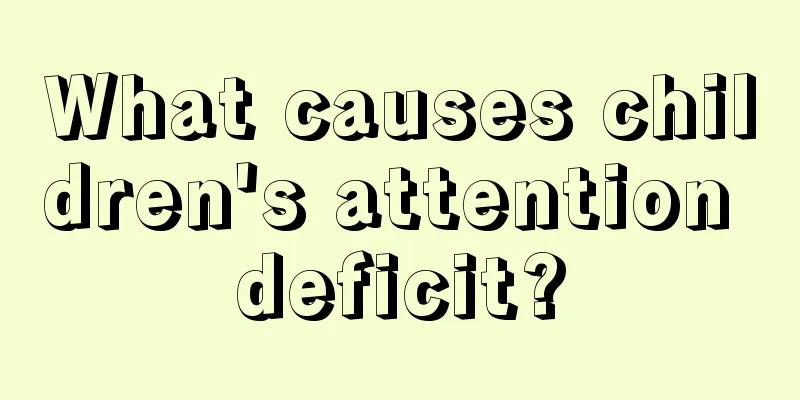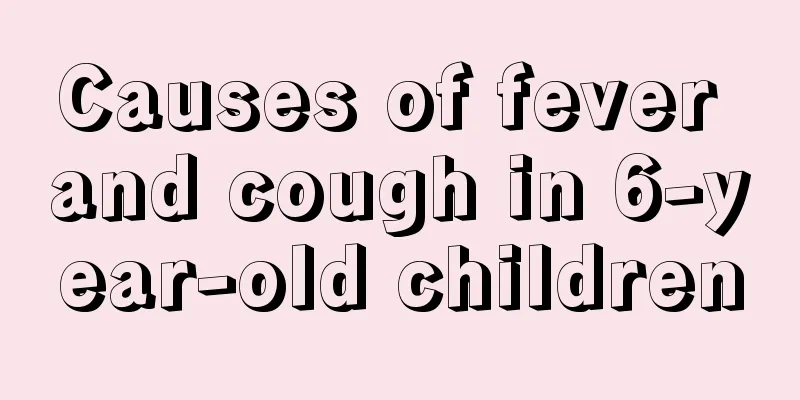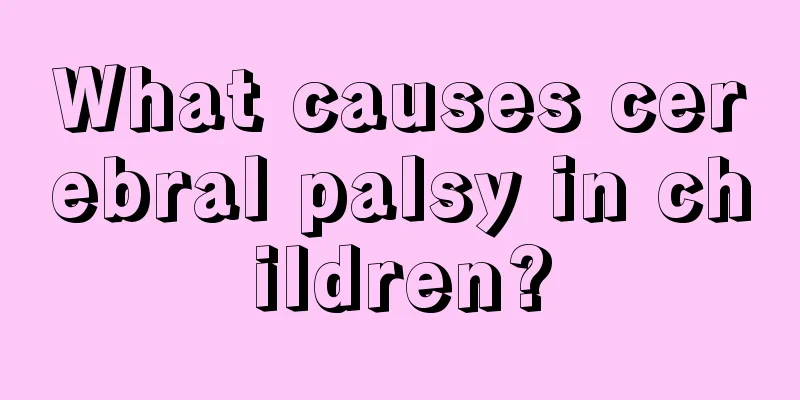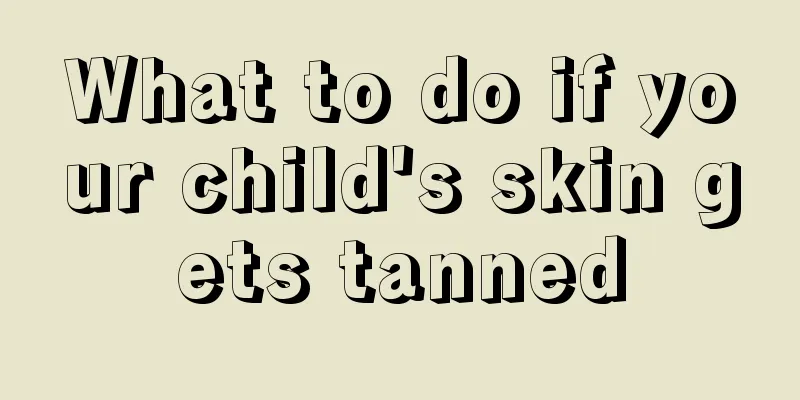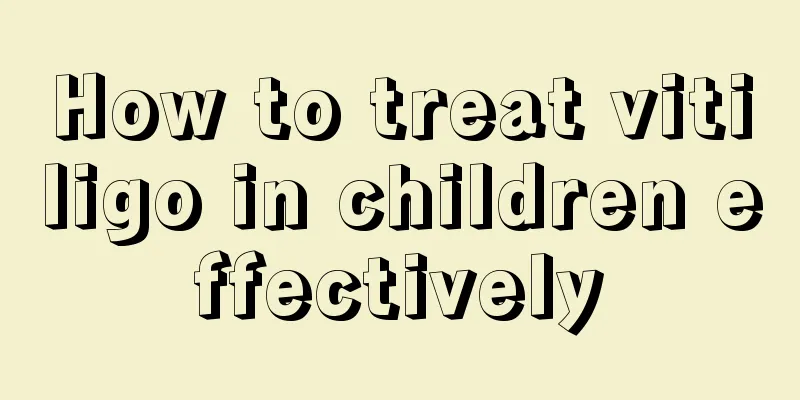What to do with exfoliative dermatitis in children?
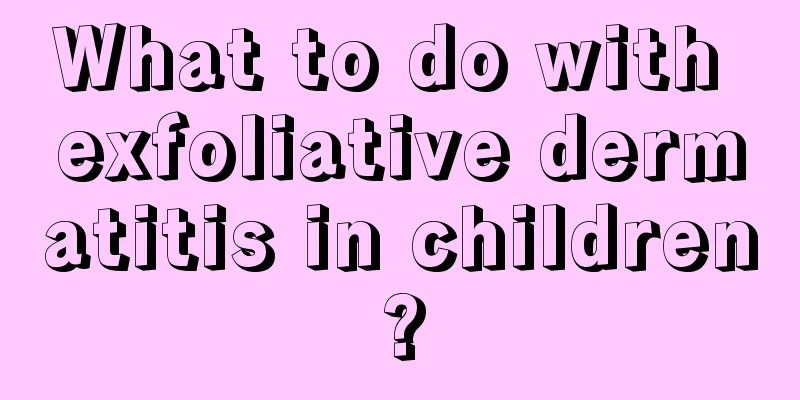
|
Dermatitis has always been a difficult skin disease to treat, especially when exfoliative dermatitis occurs, it makes people feel uncomfortable. Some children will also suffer from this symptom when they are young. When the children become red and swollen, many parents cry with heartache. However, skin diseases have always been difficult to treat. So what should we do about this exfoliative dermatitis? Let me tell you! Exfoliative dermatitis refers to severe dermatitis caused by drugs, characterized by redness, swelling, and exfoliation of the skin all over the body accompanied by severe systemic symptoms. This is a severe type of drug rash. The rash is mostly measles-like or scarlet fever-like at first, and then quickly merges into patches. The skin all over the body becomes diffusely red and swollen, bright red to brownish red, and then desquamates in large quantities. There are two types of desquamation: dry desquamation and wet desquamation. The former has glove- or sock-like desquamation on the hands and feet (glove-like desquamation), and leaf-like desquamation on the trunk, which may last for about a month, and the hair and nails may fall off; the latter may have blisters and extensive erosions, especially in the wrinkles. Symptomatic and supportive treatment The principle of treatment for severe drug rash is timely rescue and early hospitalization. 1. Anti-shock and oxygen supply: For patients with anaphylactic shock, every second counts. Those with difficulty breathing should be given oxygen. When laryngeal edema has blocked the airway, tracheotomy may be considered. 2. For patients with syndromic and severe exfoliative dermatitis-type drug eruptions, early use of high-dose glucocorticoids is a key measure to save lives. The dosage should be sufficient to control clinical symptoms. Once symptoms are under control, the dosage should be reduced or even stopped as soon as possible. 3. Antihistamines: H1 receptor antagonists are selected, which are effective in relieving itching and edema of the skin and limbs. 4. Maintain water and electrolyte balance, pay attention to the amount of colloid or protein input, and transfuse blood or plasma when necessary. 5. Prevent and treat infection. 6. Treatment of mucosal lesions: The conjunctiva can be cleaned with 3% boric acid water and corticosteroid eye drops can be applied once every 3 hours. 7. Local treatment of skin lesions: Choose drugs that are non-irritating, protective and have a certain astringent effect, and treat according to the characteristics of the lesions. When a child develops this disease, be sure to take the child to the dermatology department of a regular hospital for treatment. This type of dermatitis is difficult to treat, so during treatment, you must be mentally prepared and actively cooperate with the doctor. Do not let the child scratch the healing area to avoid causing necessary infection. |
<<: What are the symptoms of viral dermatitis in children?
>>: What should I do if my child has nasal polyps?
Recommend
What is the normal height of a 3-year-old girl?
Many young parents are more concerned about their...
Can children with ichthyosis be cured?
If a child has ichthyosis, parents should pay att...
What causes pain in the soles of children’s feet?
Children are very susceptible to viral infections...
How to treat cold and cough in children?
It is a very common phenomenon for children to ca...
What are the dangers of children eating too much salt?
Parents must be very cautious when adding salt wh...
10 Foods That Can Cause Choking in Children
Choking is listed as one of the leading causes of...
Are mosquito repellent lamps harmful to babies?
Summer is a very sad day for babies. During this ...
How to supplement iron deficiency in children?
Children need a lot of nutrients and energy durin...
Treatment for night crying in newborns
The crying of newborns at night often makes our p...
Newborns poop and fart very hard
Because the gastrointestinal tract of a newborn i...
What causes a child’s ears to suddenly swell?
If a child's ears suddenly swell, the child w...
What should I do if my child doesn't grow taller?
As parents, we are all very worried about the pro...
What is the best treatment for oral thrush in babies?
We all know that babies are particularly suscepti...
What should I do if my child’s hormone level is too high?
Children need some hormones during their developm...
How do children take intestinal worm clearing?
Enteric worm clearing is an edible medicine used ...
